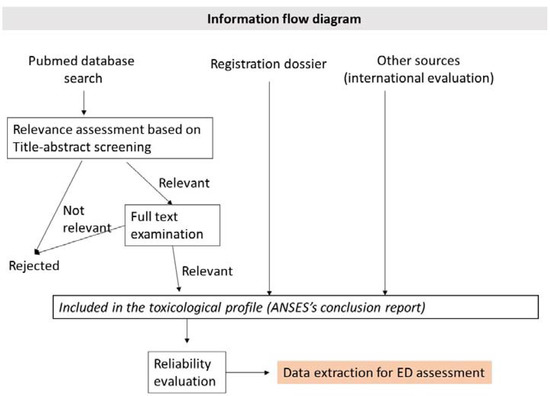BltLW News Hub
Your source for the latest insights and updates.
Toxicity Unleashed: The Hidden Threat in Competitive Gaming
Uncover the dark side of competitive gaming! Explore how toxicity lurks and impacts players—your wellness could be at stake!
The Impact of Toxicity on Player Mental Health in Competitive Gaming
The rise of competitive gaming has brought a multitude of benefits, including community engagement and personal development. However, the impact of toxicity on player mental health cannot be overlooked. Toxic behaviors, such as harassment, trolling, and verbal abuse, can create a toxic environment that significantly affects players' psychological well-being. Studies have shown that individuals exposed to such negativity often experience increased levels of anxiety and depression, which can lead to a decline in performance. As players become more immersed in the competitive scene, these toxic interactions can exacerbate feelings of isolation and stress, further destabilizing their mental health.
Moreover, the long-term effects of toxic environments can manifest in various ways, including burnout and disengagement from gaming altogether. To combat the impact of toxicity on player mental health, it's essential for gaming communities and developers to foster a more inclusive and supportive atmosphere. Implementing reporting systems and promoting positive behaviors can help mitigate the toxic culture that pervades some competitive gaming arenas. Additionally, players can take steps to protect their mental health, such as setting boundaries and seeking support from fellow gamers or mental health professionals when needed.

How to Recognize and Combat Toxic Behavior in Online Matches
Recognizing toxic behavior in online matches is crucial for maintaining a positive gaming environment. Common signs of toxic behavior include excessive negativity, harassment, and unsportsmanlike conduct. Players may target others with insults or belittle their skills, resulting in a hostile atmosphere. To identify these behaviors, pay attention to phrases that contain insults, excessive criticism, or personal attacks. Additionally, notice if players are deliberately trying to undermine team efforts, which can manifest as intentional feeding or sabotaging game objectives.
To combat toxic behavior, it's essential to adopt a proactive approach. First, utilize in-game reporting systems to flag abusive players promptly. Many games have built-in tools that allow users to report misconduct easily. Secondly, consider muting or blocking players who engage in toxic interactions. This can help you maintain focus and enhance your gaming experience. Finally, foster a supportive community culture by encouraging positive communication and teamwork within your match. Lead by example—share compliments, strategize constructively, and celebrate your team's successes to help drown out negativity.
Is Toxicity in Gaming a Sign of a Deeper Cultural Issue?
The prevalence of toxicity in gaming has ignited debates about whether these behaviors are merely symptomatic of the gaming community or indicative of broader cultural issues. In many cases, the anonymity provided by online platforms emboldens individuals to act out in ways they may not in face-to-face interactions, fostering an environment where aggression and hostility thrive. This raises important questions about accountability and the societal norms that shape interpersonal interactions, particularly among younger audiences who are heavily engaged in gaming.
Moreover, the gaming landscape often mirrors significant societal dynamics, such as competition, gender roles, and the struggle for power. The narratives players encounter through various games can perpetuate stereotypes and contribute to a culture of toxicity. For instance, the portrayal of women and minorities in many popular titles often leads to hostile reactions from players who feel their in-game experiences are threatened. Thus, addressing toxicity in gaming may require not only changes within the gaming community but also a critical examination of the cultural narratives that inform these behaviors.